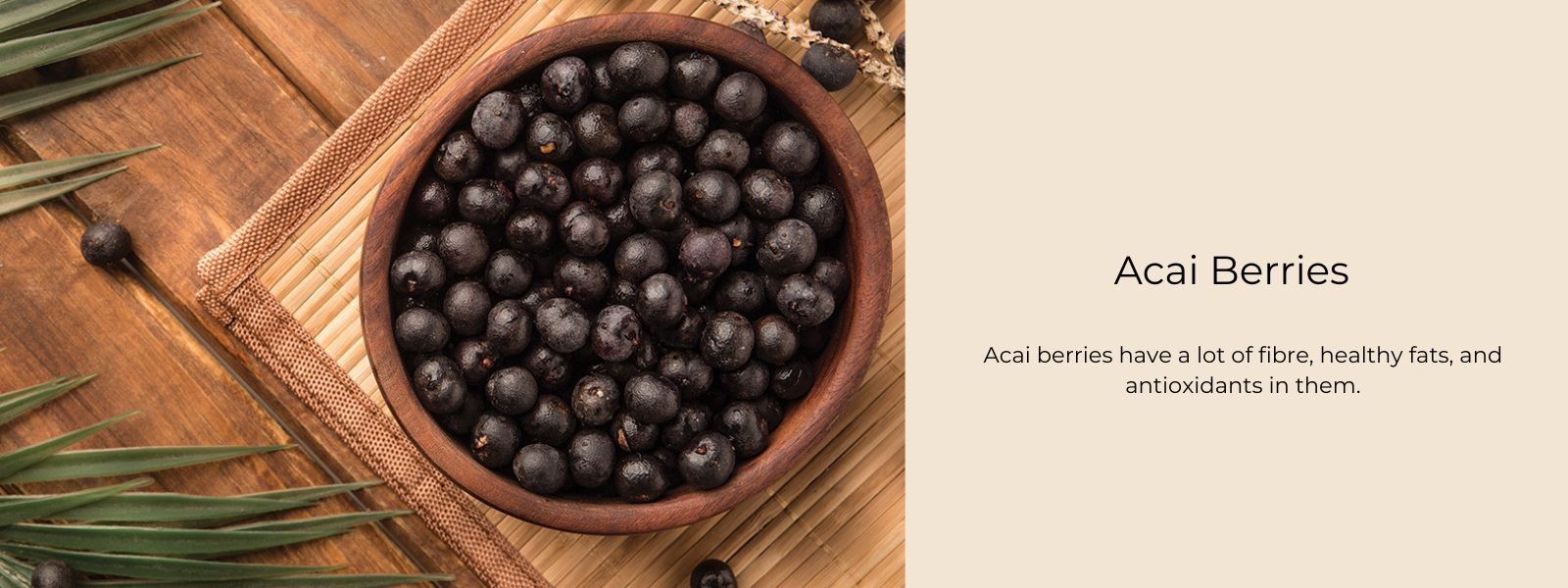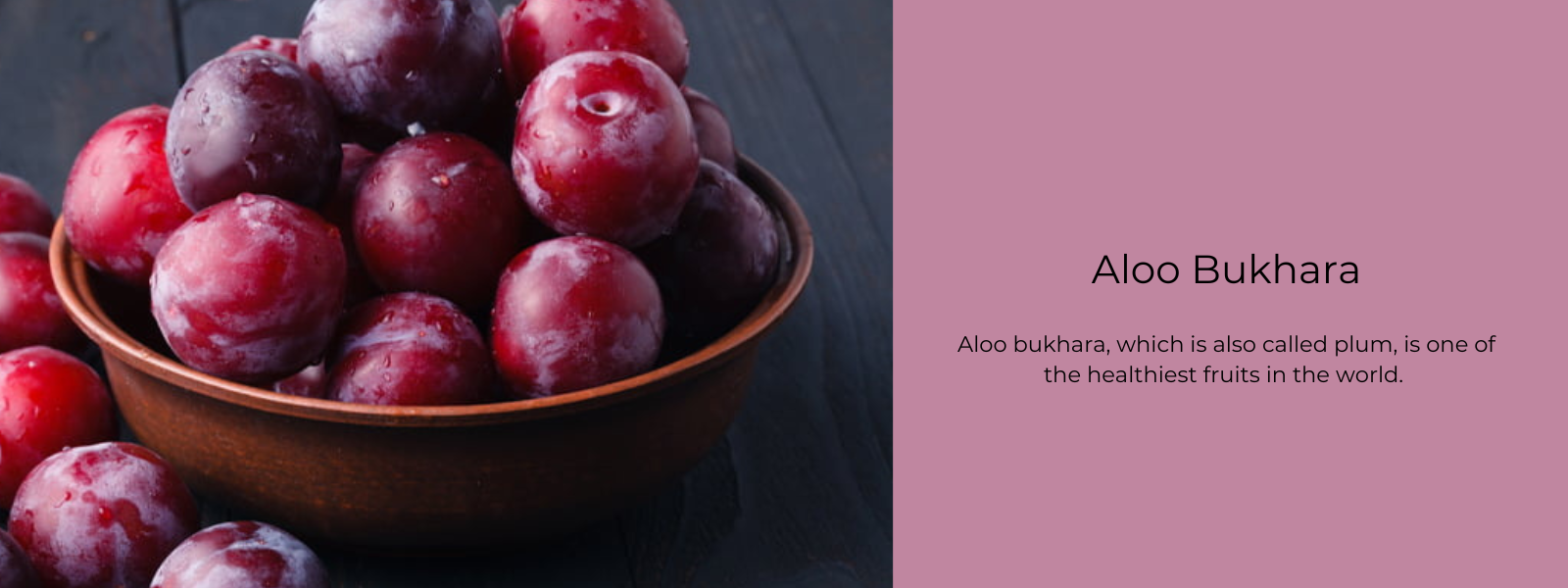Tomatoes, while often appreciated for their rich flavor and versatility in cooking, are also an excellent source of vitamin C, offering a range of health benefits. A medium tomato (about 123 grams) provides approximately 22 mg of vitamin C, which is about 24% of the recommended daily intake for adults. This high vitamin C content stems from tomatoes' natural growth processes and their dense nutrient profile, contributing to their role as a health-promoting food.
Table of Contents
What Makes Tomatoes A Rich Source Of Vitamin C?
Tomatoes are a notable source of vitamin C due to several key factors:
- Natural Synthesis: Tomatoes are rich in vitamin C because they naturally synthesize this nutrient during their growth process. They store vitamin C in their tissues, which contributes to their high levels of the vitamin.
- Plant Variety: The specific variety of tomato also plays a role in its vitamin C content. For example, cherry and grape tomatoes often have higher vitamin C concentrations compared to larger varieties.
- Ripeness: As tomatoes ripen, their vitamin C content increases. Fully ripe tomatoes have more vitamin C compared to unripe or green tomatoes, making ripeness a crucial factor in their nutritional value.
- Nutrient Density: Tomatoes have a dense nutrient profile, which includes not only vitamin C but also other vitamins, minerals, and antioxidants. This makes them a well-rounded source of nutrition.
- Growing Conditions: The soil quality and environmental conditions in which tomatoes are grown can impact their vitamin C levels. Tomatoes grown in nutrient-rich soils and optimal conditions tend to have higher vitamin C content.
- Storage and Preparation: Vitamin C in tomatoes can be sensitive to heat and light, so the way they are stored and prepared can affect their vitamin C content. Fresh, raw tomatoes typically provide the highest levels of vitamin C, while cooking can reduce the vitamin content.
Health Benefits of Vitamin C in Tomatoes
- Immune System Enhancement: Vitamin C in tomatoes plays a pivotal role in supporting the immune system. It aids in the production and function of white blood cells, which are crucial for defending the body against infections. Regular consumption of tomatoes can bolster immune responses, helping to prevent and mitigate the impact of illnesses such as colds and the flu.
- Antioxidant Protection: As a powerful antioxidant, vitamin C in tomatoes helps neutralize free radicals, reducing oxidative stress and preventing cellular damage. This protective effect is crucial for lowering the risk of chronic diseases, including cardiovascular conditions, cancer, and neurodegenerative disorders.
- Skin Health Improvement: Vitamin C is essential for the synthesis of collagen, a protein that maintains skin elasticity and firmness. Eating tomatoes can help reduce the appearance of fine lines and wrinkles, improve skin texture, and accelerate wound healing. Additionally, the antioxidant properties of vitamin C protect the skin from UV damage and environmental pollutants.
- Cardiovascular Health: The vitamin C in tomatoes supports heart health by contributing to the maintenance of healthy blood vessels, reducing LDL cholesterol levels, and lowering blood pressure. These effects collectively help decrease the risk of heart disease and stroke.
- Iron Absorption Enhancement: Vitamin C enhances the absorption of non-heme iron from plant-based foods, which is beneficial for preventing iron-deficiency anemia and improving overall energy levels. This is particularly advantageous for those on vegetarian or vegan diets.
- Anti-Inflammatory Effects: The anti-inflammatory properties of vitamin C in tomatoes can help reduce inflammation and alleviate symptoms associated with inflammatory conditions such as arthritis and asthma.
Ways to Use Tomatoes
- Fresh: Enjoy tomatoes raw in salads, sandwiches, or as a snack for a refreshing and nutrient-rich option.
- Cooked: Incorporate tomatoes into soups, stews, and sauces, where the cooking process enhances the bioavailability of certain antioxidants.
- Blended: Add tomatoes to smoothies or juices for a vitamin C boost and added flavor.
- Roasted: Roast tomatoes with herbs and spices for a flavorful side dish or ingredient in various recipes.
Tomatoes for Overall Wellbeing
- Immune Support: Regularly including tomatoes in your diet can enhance immune function, aiding in the body's defense against infections.
- Skin Care: Tomatoes can contribute to improved skin health, collagen production, and protection against environmental damage.
- Hydration and Detoxification: Tomatoes' high water content supports hydration and assists in the body's detoxification processes.
- Weight Management: Low in calories and high in nutrients, tomatoes can aid in weight management by promoting satiety and providing essential vitamins without added calories.
Conclusion
Tomatoes, with their significant vitamin C content, offer a wealth of health benefits ranging from bolstering the immune system and providing antioxidant protection to enhancing skin health and supporting cardiovascular wellness. Their versatility in culinary applications makes them an easy and nutritious addition to any diet. By incorporating tomatoes into your meals regularly, you can leverage their health-promoting properties to support overall well-being.













Leave a comment